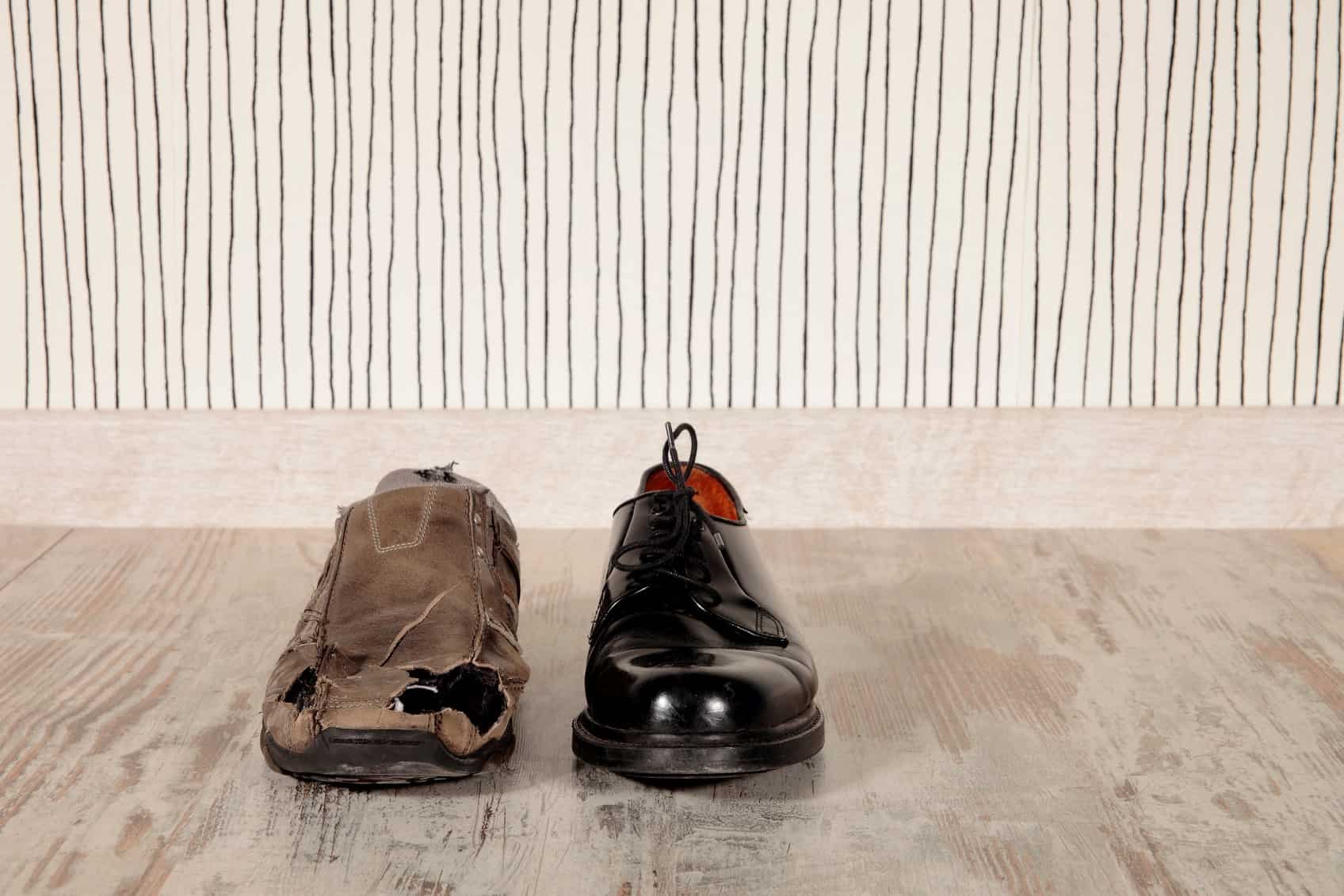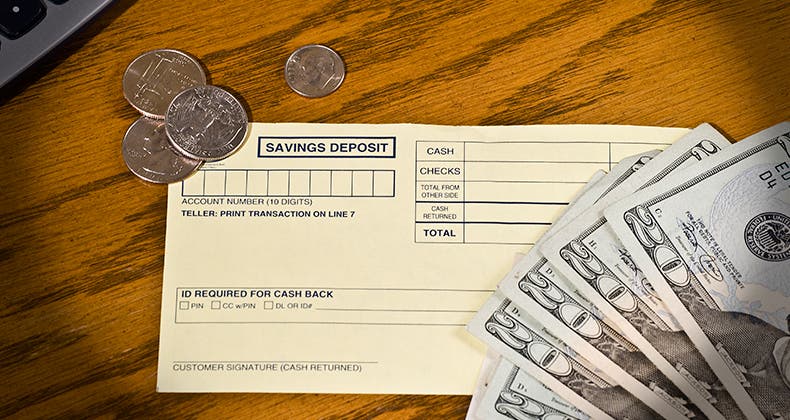Table of Content
Go ahead and get it into an interest-bearing money market or savings account. The FDIC insures your account for $250,000.00 if the bank fails. Bankrate follows a strict editorial policy, so you can trust that our content is honest and accurate. The content created by our editorial staff is objective, factual, and not influenced by our advertisers. Keeping money in the bank is a much better option than keeping your money at home.
In any case, remember that anything you read online is public to honest and dishonest people. An amateur thief will probably not consider committing the crime until almost the last minute and will break into a house, look through things quickly and flee. If that's the case, the ideas you read above might work as good hiding spots. I’m sure every person keeping a stash of money in their house has considered the possibility of home robberies.
Cash isn’t covered under homeowners or renters insurance
You may need some available in case the power goes out for a couple of days in your area, and you can’t access your bank account. Or you might just need a few dollars in cash to pay the pizza delivery guy. When he isn't writing about budgeting, getting out of debt, making extra money, and living a frugal life, you can find him building furniture, fly fishing, or developing websites. He is the co-founder of BeTheBudget, and Chipotle's most loyal customer. In short, it is better to keep your money in the bank than at home. For one, banks carry insurance, which allows you to recuperate your money in the event of fraudulent withdrawals or charges.
We continually strive to provide consumers with the expert advice and tools needed to succeed throughout life’s financial journey. Or they can "let" your joint-account-holder close the account without your knowledge or consent and thus take all your money and your last bank account. Let’s face it, most of the reasons that motivate people to save large amounts of cash at home are actually no more than possibilities. In reality, there’s very little probability you’ll face those circumstances.
Cash stuffing: How this trendy budgeting method works
There are places that are known as thief-targets and places where money can go easily disguised. If you are very low wage earner, you might even come out ahead if you report the income. Just like any other piece of paper, cash can get lost, wet or burned.
But there are dangers of keeping too much cash at home, and it’s likely they don’t give much thought to what could happen. It’s a wonderful way to take the guesswork out of saving, and ensure that you stay on track for your financial goals. Here’s a breakdown of the cash stuffing method and whether it might be a helpful technique for you. Stashing cash in your home also exposes it to physical risks.
Get Our Free Budget Spreadsheet(For Google Sheets)
Others, however, may implicitly trust their banks but not the world around them. After roughly two years of falling interest rates, APYs are finally on the rise. If you’ve been using the same bank since before the pandemic, your money might be better off elsewhere. To find out, carefully compare traditional and online banks to find the best interest rates for checking, savings, money market and CD accounts. “Needs” are all of the expenses you need to pay to maintain a basic standard of living.

So, when you go to open a savings account, you need to be sure to pick one that earns between 1% and 2% a year. There are quite a few options out there, but here at Be The Budget, we recommend the CIT Savings Builder. It earns a nice interest rate, and it’s super easy to open an account.
Alternatives to keeping cash at home
Overdraft fees are triggered when your balance dips into the negative. Keeping an extra $500 or $1,000 in checking, on top of the amount you normally keep in your account, can give you a cushion against costly overdraft fees. Depending on your bank, the limits may be higher, lower or nonexistent. If you’re unsure whether your bank limits how much cash you can keep in your accounts, this should be spelled out on your bank’s website or customer agreement. You can also call the bank to ask whether any limits on deposits exist. Keeping money at home is a matter that should remain completely private within the boundaries of your home.
Real adults who make smart choices keep their money in the bank. No matter what place you store your money, it’s always better to disperse it in several locations. Other adept thieves might consider a plan A, plan B, plan C…etc when planning out their break-in. There is no particular hiding place that will cut it for a professional thief so your best bet would be to invest in a safe for your home.
If you were to lose your job, you might face a monthslong job search. In that scenario, you might be glad to have nine or even 12 months’ worth of expenses saved. Setting a budget for each savings goal can help you decide how much to save. You can then open multiple savings accounts for each goal or, if your bank allows it, a single savings account that lets you create subaccounts. You can then divide your savings budget to fund each subaccount at a pace that works for you.
The police need to have a reasonable suspicion that the money is proceeds of illegal activity, or is used to participate in an illegal activity. Reasonable suspicion is a much lower bar to cross than having probable cause. At any rate the police can and do sieze bulk cash from people who are innocent of illegal activity.
The state and stability of an individual's personal finances is called financial health. If you don't have an emergency fund, most of this 20% should go first to creating one. This bucket also includes a movie, buying a new tablet, or contributing to charity.


No comments:
Post a Comment